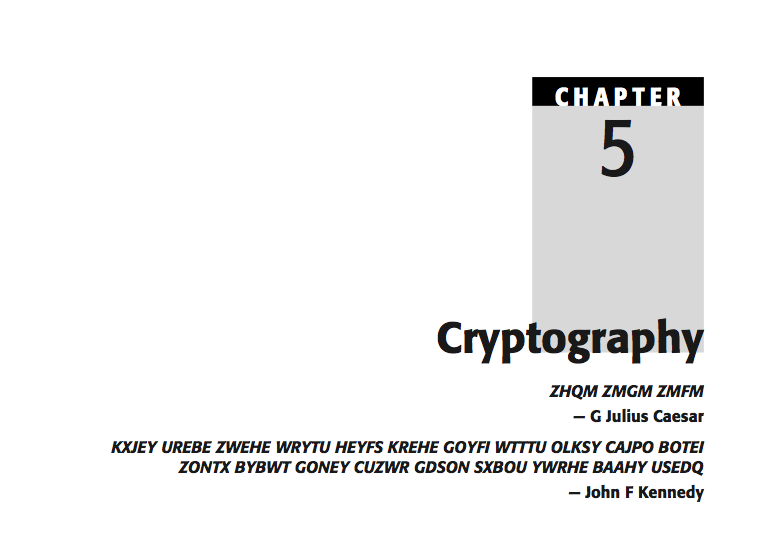Research paper by Elizabeth Stoycheff
Abstract: Since Edward Snowden exposed the National Security Agency’s use of controversial online surveillance programs in 2013, there has been widespread speculation about the potentially deleterious effects of online government monitoring. This study explores how perceptions and justification of surveillance practices may create a chilling effect on democratic discourse by stifling the expression of minority political views. Using a spiral of silence theoretical framework, knowing one is subject to surveillance and accepting such surveillance as necessary act as moderating agents in the relationship between one’s perceived climate of opinion and willingness to voice opinions online. Theoretical and normative implications are discussed.
In “Data and Goliath”, Bruce Schneier says the same (it’s in the library in both English and German, see our Semesterapparat):
Across the US, states are on the verge of reversing decades-old laws about homosexual relationships and marijuana use. If the old laws could have been perfectly enforced through surveillance, society would never have reached the point where the majority of citizens thought those things were okay. There has to be a period where they are still illegal yet increasingly tolerated, so that people can look around and say, “You know, that wasn’t so bad.” Yes, the process takes decades, but it’s a process that can’t happen without lawbreaking. Frank Zappa said something similar in 1971: “Without deviation from the norm, progress is not possible.”
The perfect enforcement that comes with ubiquitous government surveillance chills this process. We need imperfect security — systems that free people to try new things, much the way off-the-record brainstorming sessions loosen inhibitions and foster creativity. If we don’t have that, we can’t slowly move from a thing’s being illegal and not okay, to illegal and not sure, to illegal and probably okay, and finally to legal.
This is an important point. Freedoms we now take for granted were often at one time viewed as threatening or even criminal by the past power structure. Those changes might never have happened if the authorities had been able to achieve social control through surveillance.
This is one of the main reasons all of us should care about the emerging architecture of surveillance, even if we are not personally chilled by its existence. We suffer the effects because people around us will be less likely to proclaim new political or social ideas, or act out of the ordinary. If J. Edgar Hoover’s surveillance of Martin Luther King Jr. had been successful in silencing him, it would have affected far more people than King and his family.

